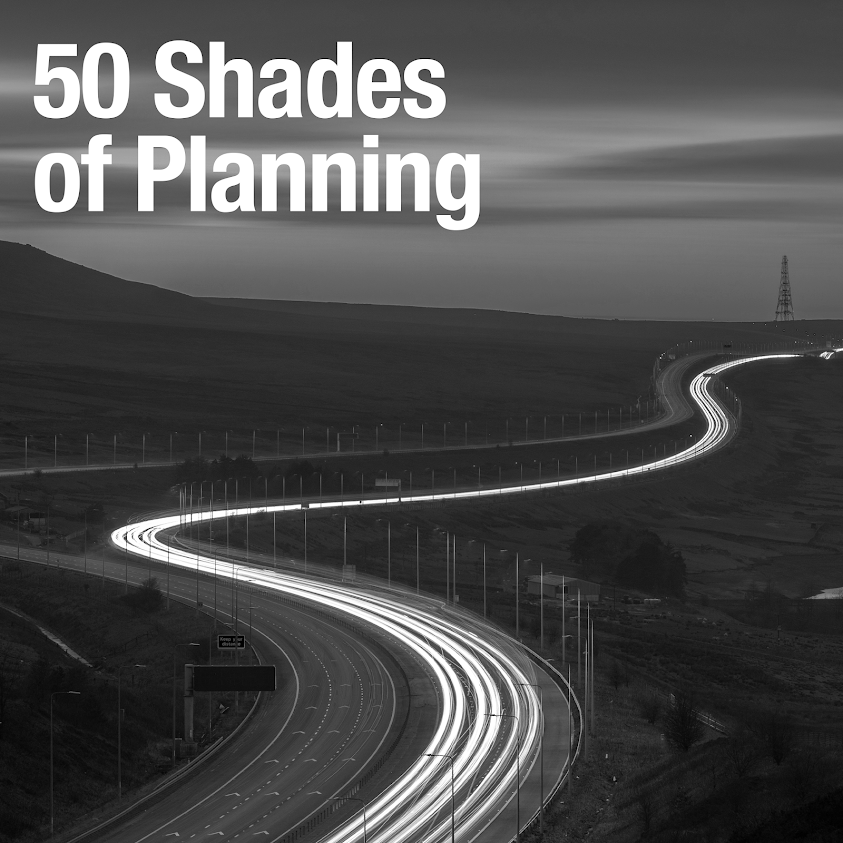Has the Housing Minister watched Anchorman 2 this week I wonder. Less than three weeks after proudly suggesting that nimbies have "had their day" it has appears to have dawned upon Brandon Lewis that this might not be the case and that, instead, the nimby lobby, championed as it is by the Daily Telegraph, is a politically powerful one.
Consider the following:
7 August. Government launches a £5 million fund to unlock 100 brownfield sites for new homes".
11 August. Daily Telegraph reports that "the number of new homes built on the protected Green Belt has more than doubled
since the Coalition was formed."
13 August. "Ministers unveil £200million fund to protect the
countryside from building."
As commentators Colin Wiles and Philip Barnes pointed out on Twitter, even if fifteen homes are built in the Green Belt every day (as The Telegraph reported) it would take 100 years to build on 1% of the Green Belt and 9,000 years (at 30 dwellings per hectare...) to build on it all.
Instead though of responding with informed statistics like that though the housing minister is quoted today as saying that "the cash would ensure that greenfield areas across England are protected
from builders". Spot the less than subtle change of emphasis...
Of
course brownfield sites in sustainable locations should be a priority
for LPAs, but it is equally true that sustainable greenfield sites
(including Green Belt sites) will have to be developed if anything like
the number of homes required is going to be built.
I wondered whether Mr Lewis has watched Anchorman 2 because one can imagine him this week sat asking his advisers the same question that Ron Burgundy asked his producers as he considered how to regain his title as the number news anchor:
“Why do we need to tell people what they need to hear? Why can’t we tell them what they want to hear"

Comments
Post a Comment